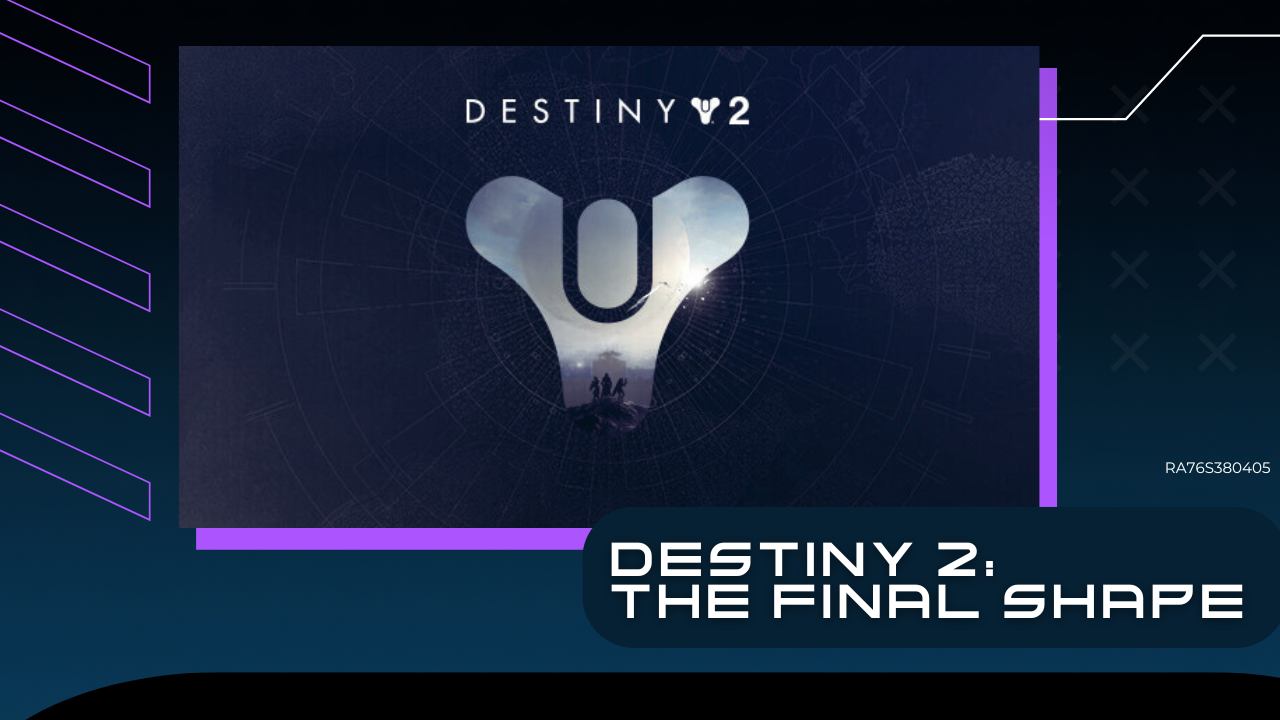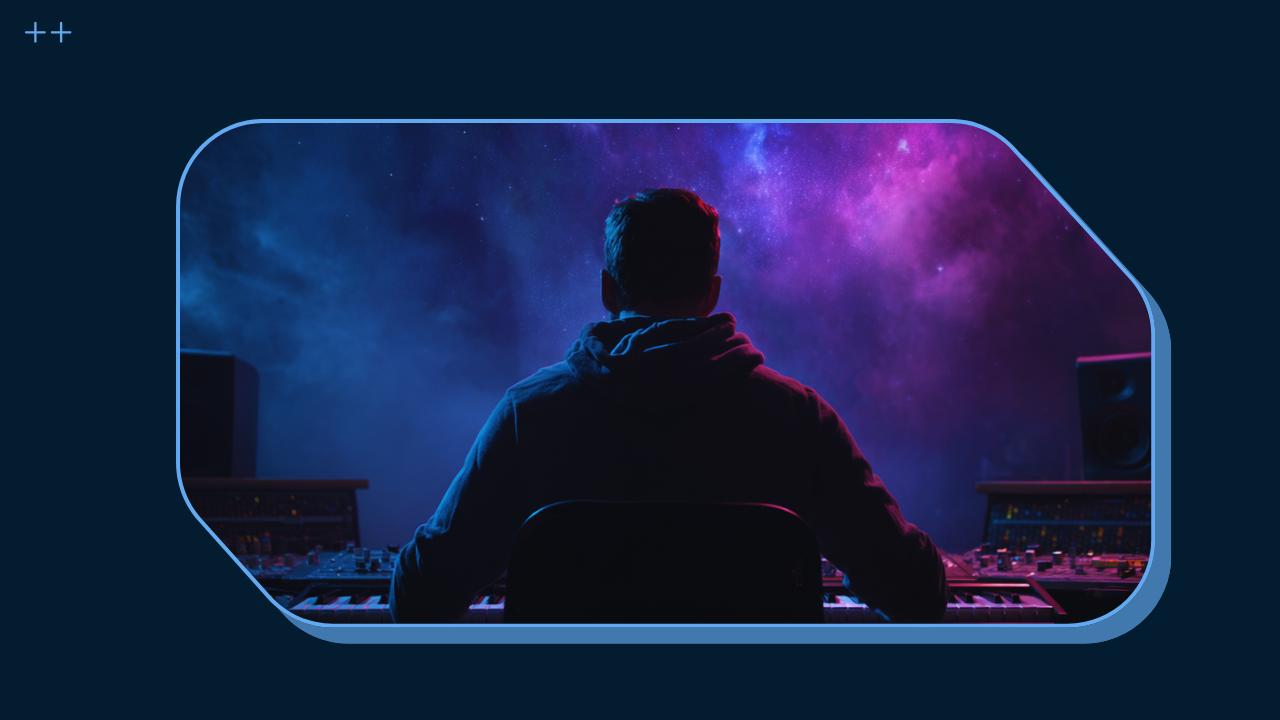Research Reveals How Playing Affects Musicians’ Heart Rates
Music has always been described as an emotional experience, but new research shows that for musicians, it’s also a physical one. A groundbreaking study conducted by King’s College London reveals how playing music can directly impact a musician’s heart rate, offering new insights into the physiological connection between music and the body. This research opens up exciting possibilities for both understanding how music affects musicians during performances and exploring music’s potential as a tool for cardiovascular health.
Understanding the Study
At the center of this research is an intriguing tool that tracks how musicians’ heart rates respond to the music they perform. Developed by scientists led by Professor Elaine Chew and Dr. Mateusz Solinski the study analyzed professional musicians playing Franz Schubert’s Trio No. 2 over nine performances. Using wireless ECG sensors, the team monitored the musicians’ heart rates during different parts of the piece, focusing on factors like tempo, volume, and the performers’ interpretations of challenging passages.
Interestingly, the study found that loudness had a stronger influence on heart rate than tempo. While faster tempos might seem like they would speed up the heart, it was actually the emotional intensity of louder sections that caused the biggest spikes in heart rate. For example, musicians playing during climactic moments, or particularly risky passages, showed noticeable changes in heart rate. This was especially evident in the cellist, who experienced more pronounced fluctuations compared to the violinist.
Music’s Physiological Impact
The research doesn’t stop at just analyzing how musicians are affected. It also points to the ways this information could help audiences and patients. One of the most significant findings is that musicians’ heart rates often synchronized during performances, particularly during climactic sections of the music. This correlation suggests a deep connection between shared musical experiences and physical responses, even when different instruments are involved.
Photo Credit: Mateusz Solinski
For listeners, this means that the emotional impact of a performance might also translate into physical responses. In fact, the researchers suggest that by understanding how musicians’ heart rates change, we might be able to predict how listeners’ hearts will respond too. This insight could prove useful in music therapy, where specific performances might be chosen to treat cardiovascular conditions based on how they affect heart rates.
Bigger Implications
This study is just the beginning of a larger research project exploring music’s potential to diagnose and treat cardiovascular conditions. Beyond musicians, the team is also studying how music affects listeners’ physiological signals, such as heart rate, blood pressure, and breathing patterns. These findings could pave the way for new forms of therapy that use music not only for relaxation but for targeted treatments for heart conditions.
Imagine a future where doctors could prescribe certain types of music—or even specific performances—to help manage heart health. By selecting music that causes specific physiological responses, like reducing heart rate or promoting calmness, music could become a highly personalized form of treatment. The study’s findings also suggest that understanding the connection between heart and music can be beneficial for music training, helping musicians manage the physical demands of their performances more effectively.
Final Thoughts
Music has always had the power to move us, but this study shows that it also has the power to influence us physically, especially for musicians. The work of Professor Elaine Chew and her team gives us a fascinating look into how musicians’ heart rates react to the music they play, opening the door to new therapeutic applications for cardiovascular health. Whether through personalized music therapy or more effective training programs for musicians, these insights deepen our understanding of the intimate connection between music and the human body.
It turns out that the phrase “music from the heart” might be more literal than we thought.
Let’s Collaborate!
Need help building the tone for your production? Hit us up – the Rareform Audio team would love to help you create the perfect soundtrack that speaks to your audience and enhances the power of your visual storytelling to new heights!
Rareform Highlights






































